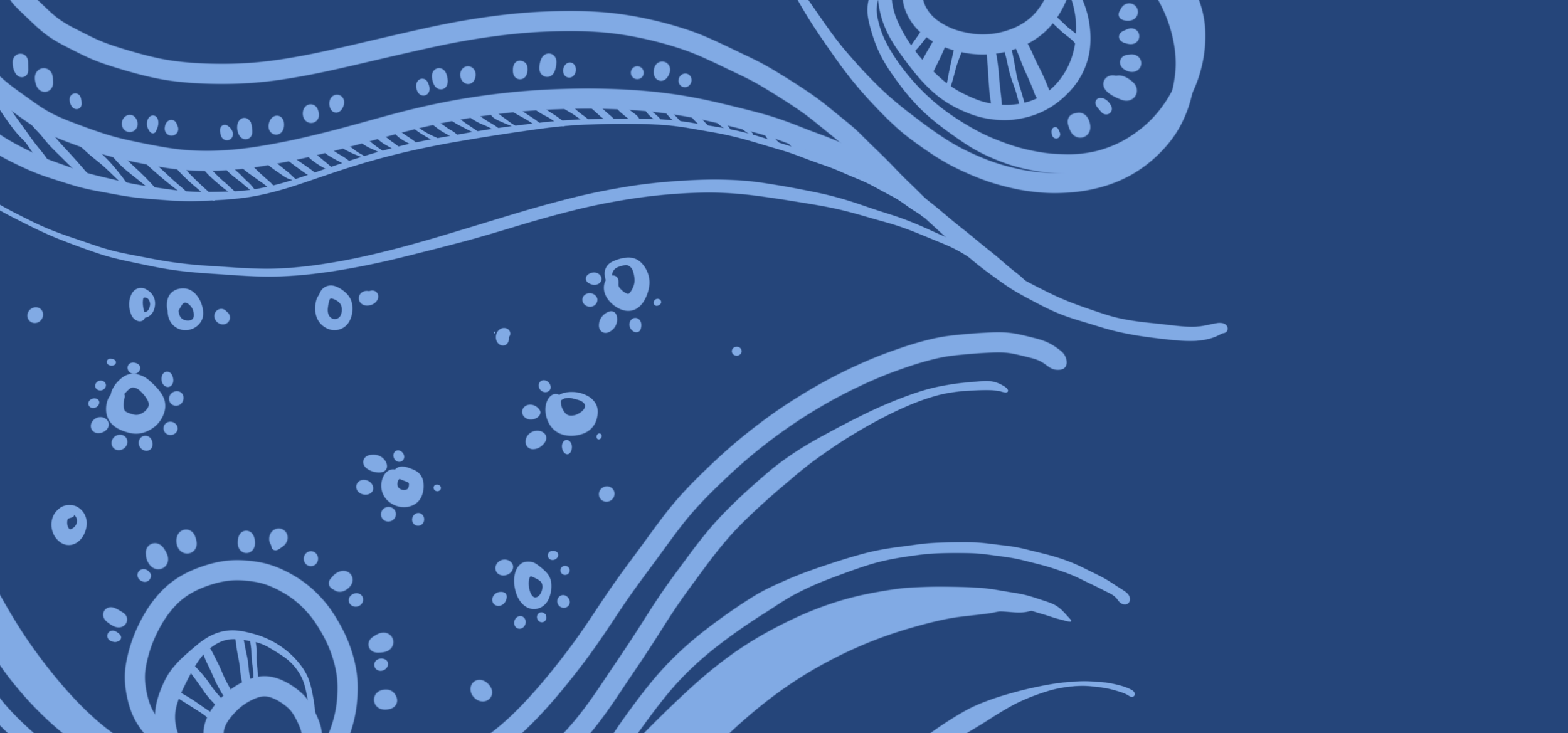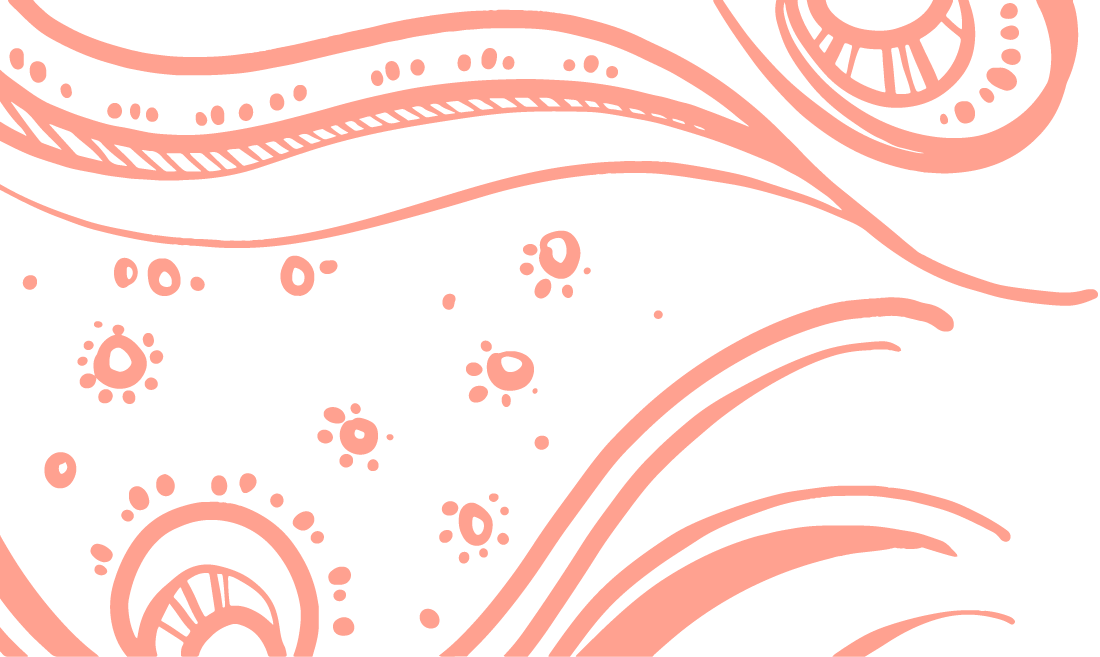
Reconciliation Action Plans (or RAPs for short)
Whether you're starting your first Reflect RAP or have an existing RAP Working Group - we can help!
Many organisations lack clarity on how they can authentically and meaningfully integrate traditional cultures into their business. We work with organisations to increase their awareness and understanding of how to exactly that, so that you can create dynamic and inclusive culture. Move beyond box checking, and have fun along the way.
Using our signature conversational style, together we work to connect personal intentions to organisational objectives. This creates an environment where people willingly take personal responsibility to act and impact change in their surrounding environment. This bottom up strategy results in individuals creating ripples of change in unique ways. We run two workshops to assist with this process, and are open to innovating our content to meet your unique needs.
In addition to RAP specific workshops, we can assist with:
Creating and drafting your first Reflect RAP
Working with your existing RAP to complete action
Igniting new energy into your existing RAP
Representation of Indigenous Advisory role on your RAP Working Group
RAP Artwork
If you'd like a partner to walk with you on your RAP journey, let's have a chat and explore how we can collaborate!
We are experts at integrating traditional cultures into business as usual, so you get the best of both worlds.

RAP specific workshops
Finding our why
The purpose of this stage is to identify our purpose and desired outcomes.
The Finding Our Why workshop aligns our motivations as we move towards reconciliation. By naming our shared values in this work, we can more confidently collaborate in this process.
Ideating the possibilities
The purpose of this workshop is to brainstorm all the actions we could add to our RAP and keep in mind for future RAPs. We encourage participants to get creative, identify unique opportunities and generate activities for the short, mid and long term. While not every activity will be included in the first RAP, it is helpful to explore all the possibilities to know what you could build towards.
The activities will be generated across four categories (Relationships, Respect, Opportunities, Governance) and will contribute to the initial drafts of the RAP.
Let’s chat through your journey
Every organisation is different. Each has its own objectives, internal and external demands, reputations and challenges to embedding reconciliation. We have worked with many different kinds of organisations to develop a unique and customised solution that works for them

RAP Case study: Foundation Housing
The CEO of Foundation Housing called us a year ago.
They were preparing for their Innovate RAP and progress had stalled to a halt.
After diving deeper, the issue was easy to diagnose: they were suffocating under too much process. There were numerous sub-committees, endless spreadsheets and policy documents, and the meetings were a whole lotta talking, not a lot of doing.
We began meeting with them every two months. Our objective was simple: bring heart, joy and connection back into the RAP while working towards embedding traditional culture as business as usual.
Each conversation was different. Sometimes we spent the majority working through creative executions like incorporating Aboriginal culture in tenant engagement opportunities or sharing Noongar language in meetings. Other times we spent most of the time simply yarning and working through some of the big feelings of guilt and shame that were bubbling up.
We had two overarching frames:
The first was utilising the second definition of Reconciliation –
“making one value or belief system compatible with another for mutual benefit”.
The second was that the priority was action, and ideally doing things that bring joy.
The RAP Working Group changed from a group of individuals to a coalition. Each person took their learnings, observations and then actively practiced reconciliation, often reporting back about their actions at the RAP working group.
One member said “my perspective shifted to doing and living it, rather than the purpose of creating a document.”
A year later, we met with the RAP working group to reflect before the launch of their Innovate RAP. We hadn’t seen it yet, and loved the pictures of activities completed, the artwork from one of their tenants, and the meaningful words throughout.
To create their Innovate RAP, the lead of the RAP Working Group sat down and documented everything that was already happening. She said “It wasn’t hard or laboured, it was easy to write” and one of the other members commented that it was a “culmination of what we’re already doing”, that “the RAP is almost a by-product”.
Rhys and Emma speaking at the Innovate RAP launch
It was a retroactive RAP. A change strategy where reconciliation is driven by activity and daily practice, and the plan, process, and documents comes secondary.
We were ‘walking and wangkiny’. If you’d like to walk and talk with us, we’re always up for a yarn about your journey.





